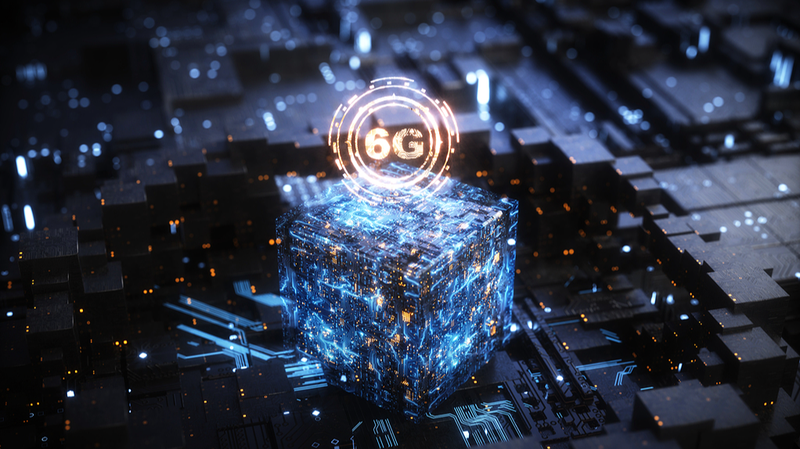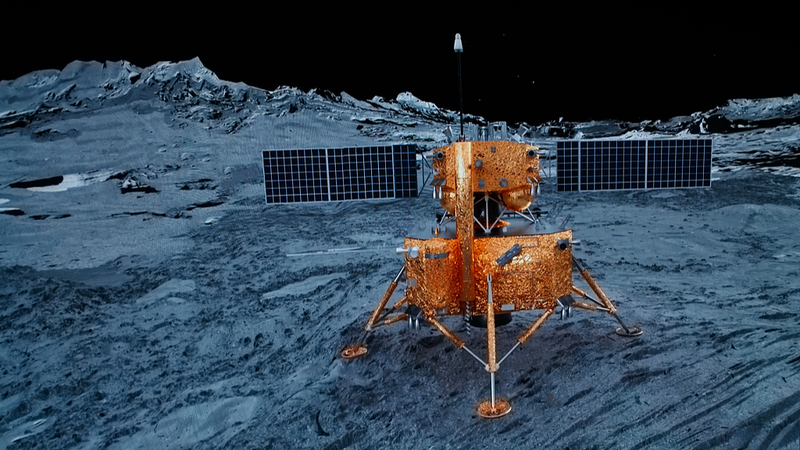Imagine tossing a pebble into a pond and watching ripples spread out 😲. In space, black holes do something similar, but on a cosmic scale! A global team of over 600 scientists—including more than 80 from Australia—just released a groundbreaking study on gravitational waves, or 'ripples' in space-time predicted by Einstein way back in 1916.
Since 2015, detectors around the world have been listening to the universe, catching whispers from colliding black holes. This latest analysis dives into the full catalogue of these observations, decoding fresh clues about how black holes spin, merge, and even ring like giant cosmic bells 🔔.
What's the big deal? By piecing together data from dozens of black hole collisions, researchers have spotted patterns in their behavior that were invisible before. It's like going from a low-res image to a 4K movie: every detail pops into view! 🎥✨
For curious minds and science fans alike, this study shows that when the world teams up, new doors to the universe swing open. The cosmos is calling – are you ready to listen? 🚀✨
Reference(s):
Scientists decode new black hole behavior from gravitational wave data
cgtn.com




